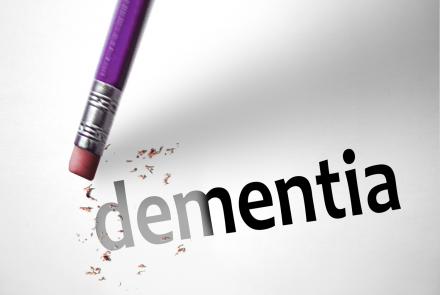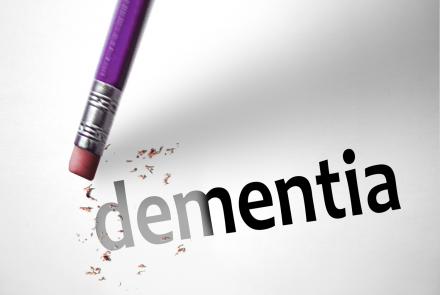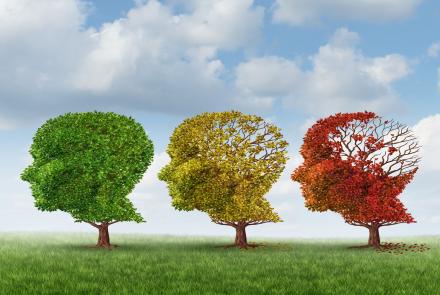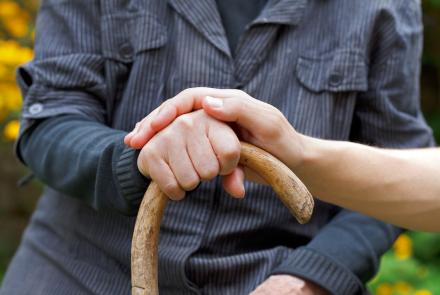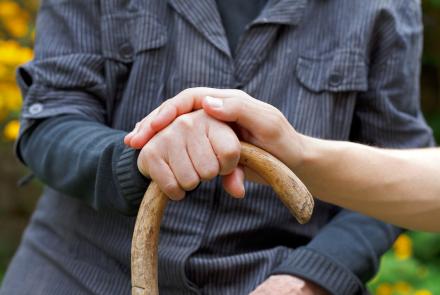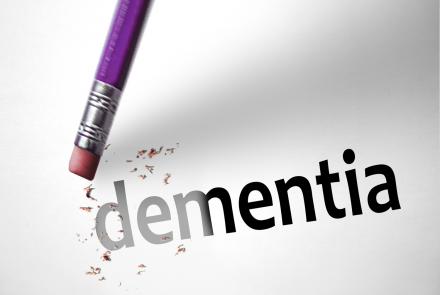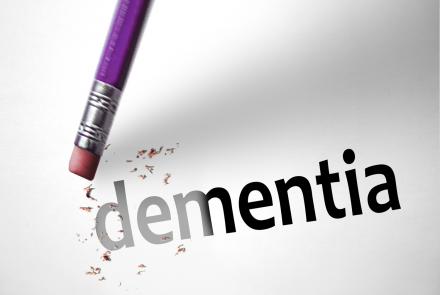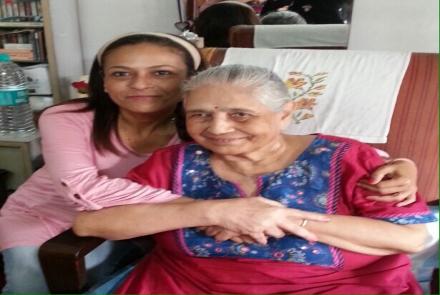This gives you an understanding of what is Dementia, who are affected by it, symptoms of various stages and what you can do ...http://alz.org.sg/about-dementia/understanding-dementia
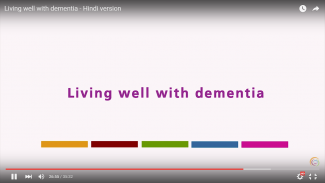
A excellent video in Hindi from the UK.
Covers the following aspects:
- What is Dementia
- Types of Dementia - Alzheimer's, Vascular Dementia, Lewy Body, etc..
- Difference between Dementia and Ageing
- Medication and treatment
- Management of Dementia
- Importance of a support network so you realise you are not alone
- Advise to caregivers and carers:
- Share your worries and concerns with friends and family members
- Join support groups
- Involve the family, even children
- Use care services whenever possible
- Look after yourself
Some great tips on engaging the person living with dementia
Some resources are local to UK but most of the content is useful.
Changed
12/Dec/2015
Community
Condition

